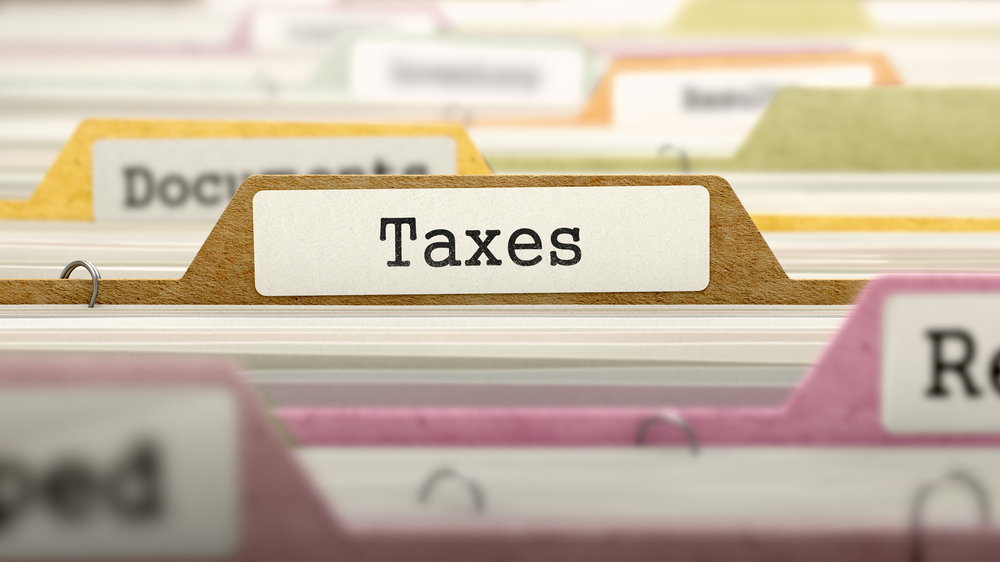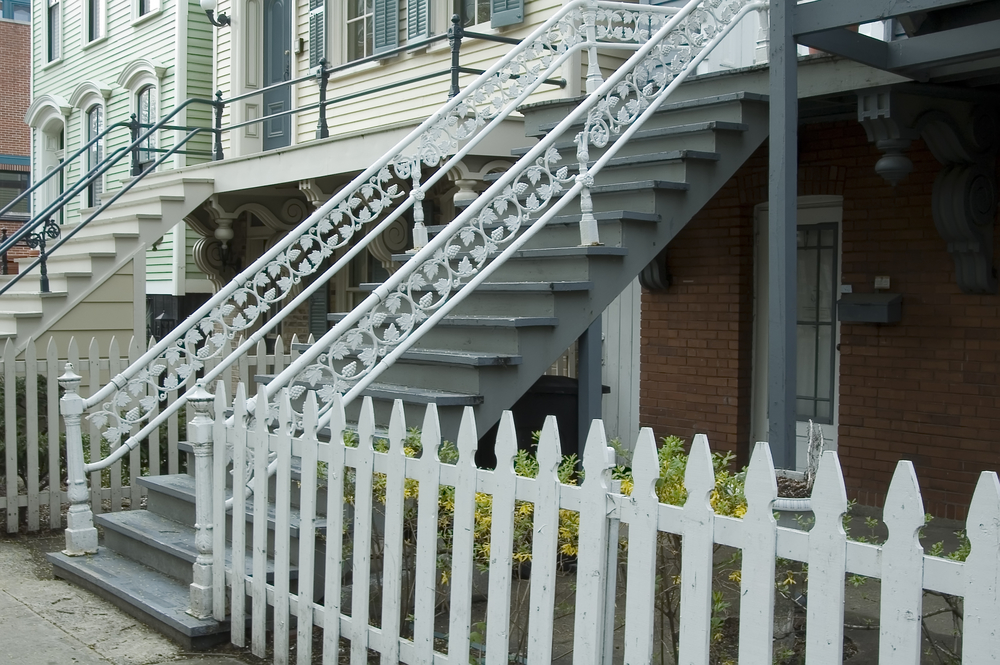Mortgage interest rates fluctuate often, which can make it frustrating for homebuyers to snag their ideal rate at closing time. This is where a mortgage rate lock comes in.
Locking in your interest rate can save you the stress of losing a great rate while you wait to close on your mortgage.
Generally, the benefits far outweigh the risks, but working closely with your loan officer will help you make the right moves.
Learn what a mortgage rate lock does, when you should do it, and why it is beneficial in most loan scenarios.
What is a mortgage rate lock?
To understand a mortgage rate lock, you need to know a bit about mortgage interest rates. These rates fluctuate often based on several factors, such as:
- Economy: A booming economy usually equals increasing interest rates, while a struggling economy typically means rates may drop.
- Supply and demand: Interest rates typically are higher if the demand for homes is high.
- Federal funds rate: The Federal Reserve sets the funds rate to steady inflation. The funds rate is set for banks and other financial institutions, and it is known to influence or mirror mortgage interest rates.
- Mortgage-backed securities: These loan bundles are sold to investors, and the price they sell for can influence mortgage interest rates.
The COVID-19 pandemic is a prime example of how economic and supply and demand factors influence mortgage rates. As the economy struggled, the interest rates fell to record lows.
As demand for homes increased and the economy began to stabilize, mortgage rates began to rise. Many homeowners rushed to refinance their mortgage during these historic lows, so they could get a better rate and lower monthly payments.
So, how does a mortgage rate lock help buyers looking to purchase a home or refinance?
A rate lock guarantees your loan officer will keep your interest rate at the specified amount for a set period of time. Ideally, this period of time covers until your closing day, so you can be sure your rate is safe in case they rise.
How your finances affect rates
Things like a global pandemic are out of your control, but there are areas of your finances that you can work on to get the best rate possible. Lenders usually look at the following factors to determine your rate:
- Credit score and history
- Down payment amount, or loan-to-value ratio (LTV)
- Debt-to-income ratio (DTI)
Typically, a high credit score and low DTI should get you a great rate.
To get your finances in the best shape for home buying, a home.com by Homefinity loan officer can help you get where you need to be.
Your bank might not be the best place to go for rates or dedicated service. A home.com by Homefinity professional will offer honest recommendations and advice to help you get the best rate possible.
Banks may not be able to offer the same kind of hands-on service as a lender, like Homefinity. Our professionals are there to offer the amount of guidance that you want, whether that’s in-depth or subtle support.
Benefits of a mortgage rate lock
Rate locks protect borrowers from market fluctuations.
Many loan officers recommend borrowers lock in their rate, especially when interest rates are on the rise.
Rates could potentially fluctuate enough from approval to closing to cost borrowers thousands of dollars, so locking rates can definitely make an impact.
If rates go up during the period of time when your rate is locked, it will not be affected. The amount of time a rate is locked depends on your lender, but common time periods are 30, 45, or 60 days.
Rate locks offer borrowers the peace of mind that their rate is safe, and they will be able to afford their monthly payments.
When should you lock in a mortgage rate?
Once you get approved for your mortgage loan and are satisfied with the current rate and monthly payment amount, you can decide whether to lock in this rate.
If you don’t, and you decide instead to “float” your rate, you must be prepared for a potential rate increase.
On the other hand, if rates lower after you lock in your rate, you won’t be able to take advantage of the new rates.
The most important thing is to lock in a rate that fits your budget, so even if rates are lower, you still will be comfortable with your payments.
Even experts who know the ins and outs of mortgage rates can incorrectly predict their movement. If you decide to float your rate in the hopes of snagging a lower rate at closing, it’s important to understand the risks involved.
Rate lock considerations
Discuss your rate term options with your loan officer to ensure you aren’t locking rates too early. If you do, you run the risk of the lock expiring before you’re able to close. If this happens, you could end up either paying additional fees or must settle for the current interest rate.
Your loan officer also can void the rate lock if your financial situation changes, so be sure to protect your approval — and your rate — by keeping your situation stable. Your rate can be affected by the following potential changes:
- Loan type switches
- Down payment amounts
- Credit score increase or decrease
- Income amount
- Debt increases
- New job
Discuss any unavoidable life or financial changes with your loan officer as soon as possible to determine how it might affect your rate.
Honesty and transparency are the keys to a smooth mortgage loan process.
This article is provided by home.com.
Find a financial professional to help with your mortgage planning with our one-of-a-kind Find an Advisor tool.









